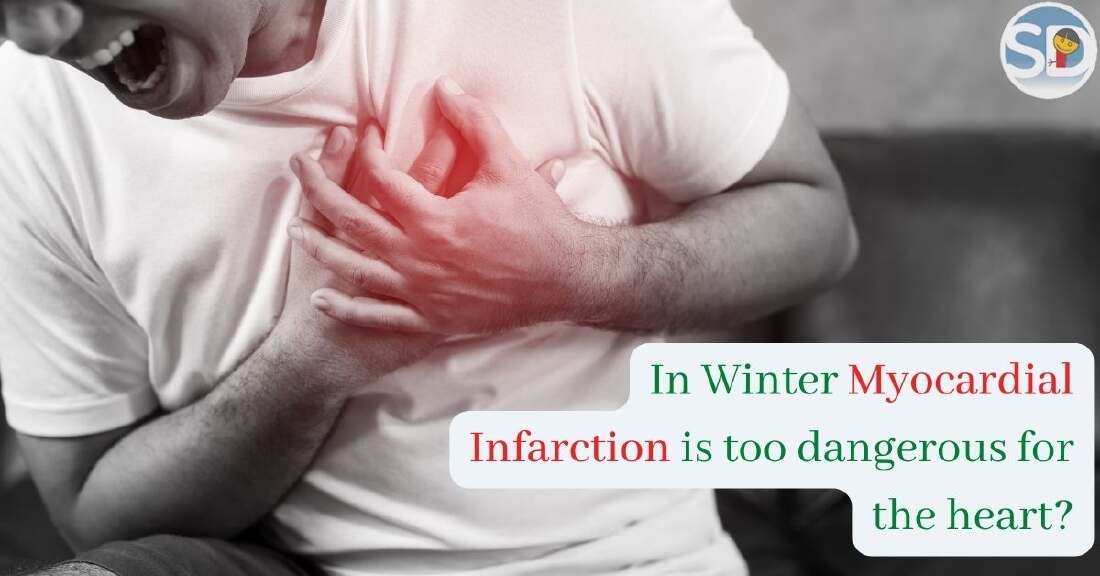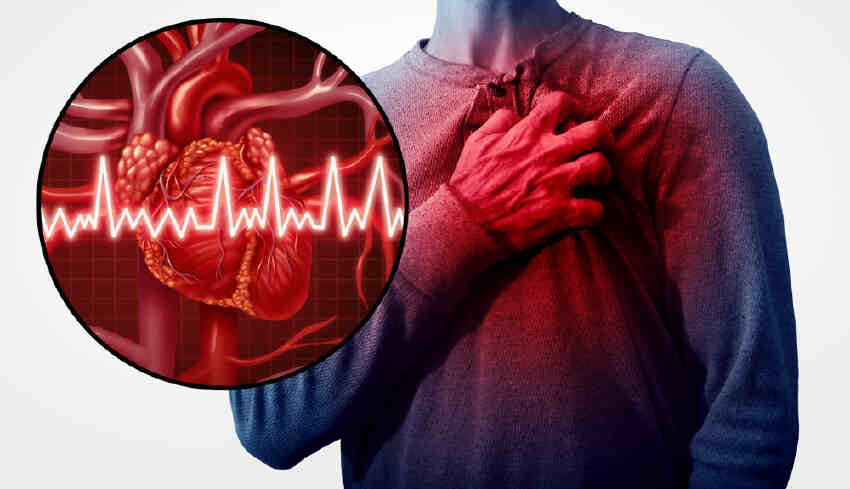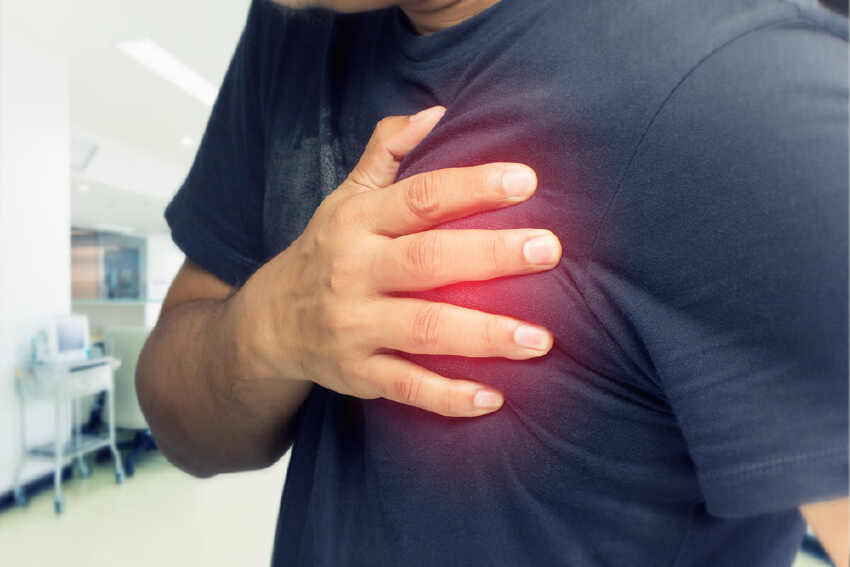
Exposure to cold/low temperatures could raise the chance of cardiac problems, such as heart attacks. Heart issues, especially hypertension, are frequent throughout the winter because blood vessels constrict in reaction to cold temperatures. A Cardio-Thoracic surgeon tells us about the connection between winter and cardiac issues.

A myocardial infarction (MI), sometimes known as a heart attack, happens when blood flow to the coronary artery of the heart diminishes or ceases, causing damage to the heart's muscles. The most frequent symptom is chest pain or discomfort that spreads to the shoulder, arm, back, neck, or jaw. It usually begins in the middle or left side of a chest and lasts for several minutes. The pain might sometimes seem like heartburn.
The term "electronic commerce" refers to the sale of goods and services through the internet. Atypical symptoms affect around 30% of the population. Women are more likely to appear with neck discomfort, arm pain, or fatigue rather than chest pain. Among persons over 75 years old, roughly 5% have experienced a MI with little or no history or symptoms. An MI may induce heart failure, an irregular pulse, cardiogenic shock, and cardiac arrest.
Get your whole body health insurance done in just one click.
Chest pain
Shortness of breath
Nausea
Feeling faint
Cold sweat
Feeling tired
Arm
Neck
Back
Jaw
Stomach pain
Chest pain: One of the most prevalent symptoms of acute myocardial infarction and is commonly characterized as a sense of tightness, pressure, or squeezing. The pain usually radiates to the left arm, although it can also spread to the lower jaw, neck, right arm, back, & upper abdomen. The pain most predictive of an acute MI, with the greatest probability ratio, is pain radiating to the right arm and shoulder. Similarly, chest discomfort that resembles a past heart attack is indicative.
Cold Sweating: Sweating, nausea or vomiting, and fainting may occur in addition to or instead of chest pain. Shortness of breath, weakness, and weariness are the most prevalent symptoms of myocardial infarction in women. Women are more likely to have unexpected or inexplicable exhaustion, nausea, or vomiting as symptoms.
Women who suffer a heart attack are more likely than males to experience palpitations, back pain, hard breathing, vomiting, and left arm discomfort, albeit the studies that reveal these differences are very variable. Women are less likely to report chest discomfort during a heart attack and much more likely to report nausea, jaw pain, neck pain, cough, and exhaustion, however, these findings vary among research.
Heart attacks are caused by blockages in the arteries of the heart, and blood is just a liquid carrier. Just as we move from one location to another in a vehicle, blood transports oxygen across the body from of the heart to other organs. And when blood flow is reduced owing to artery blockage, heart attacks occur.

Cardiovascular problems have been there for a long time, but they have recently found a way to affect the younger population, including persons as young as 21 years old, breaking away from their traditional pattern of focusing just on elderly and those who have pre-existing heart ailments. Although there is no certain age at which a person will have a heart attack, your lifestyle choices, diet, exercise regimen, and stress management strategies can all affect your chances.
According to Dr. Mohanty, this is mostly due to the new-age or modern-day lifestyle, because formerly we engaged in regular physical exercise, however now we are merely hurrying to work and returning home without exercising. With that, we eat unhealthy meals, smoke cigarettes, consume large amounts of coffee on a daily basis, and most importantly, we are stressed and do not get enough sleep every night, all of which contribute to a sedentary lifestyle. When you are stressed, the cortical secreted in the body generates a hormonal imbalance that leads to diseases like hypertension and diabetes. Stress hormones also restrict the arteries, making it difficult for the heart to function properly.
People should avoid overeating and drink alcohol in moderation, especially during the holiday season. While socializing, in trying to fit in we follow the same activities that people among us are doing which might be smoking, consuming processed sweets, and excessive alcohol use. Also, do some exercise in the morning and maintain your blood sugar & hypertension under control with frequent tests and medications, if necessary.
If you or any of your known is suffering from this disease then click on this link to book an appointment with the best cardiologist: Click here

.webp)